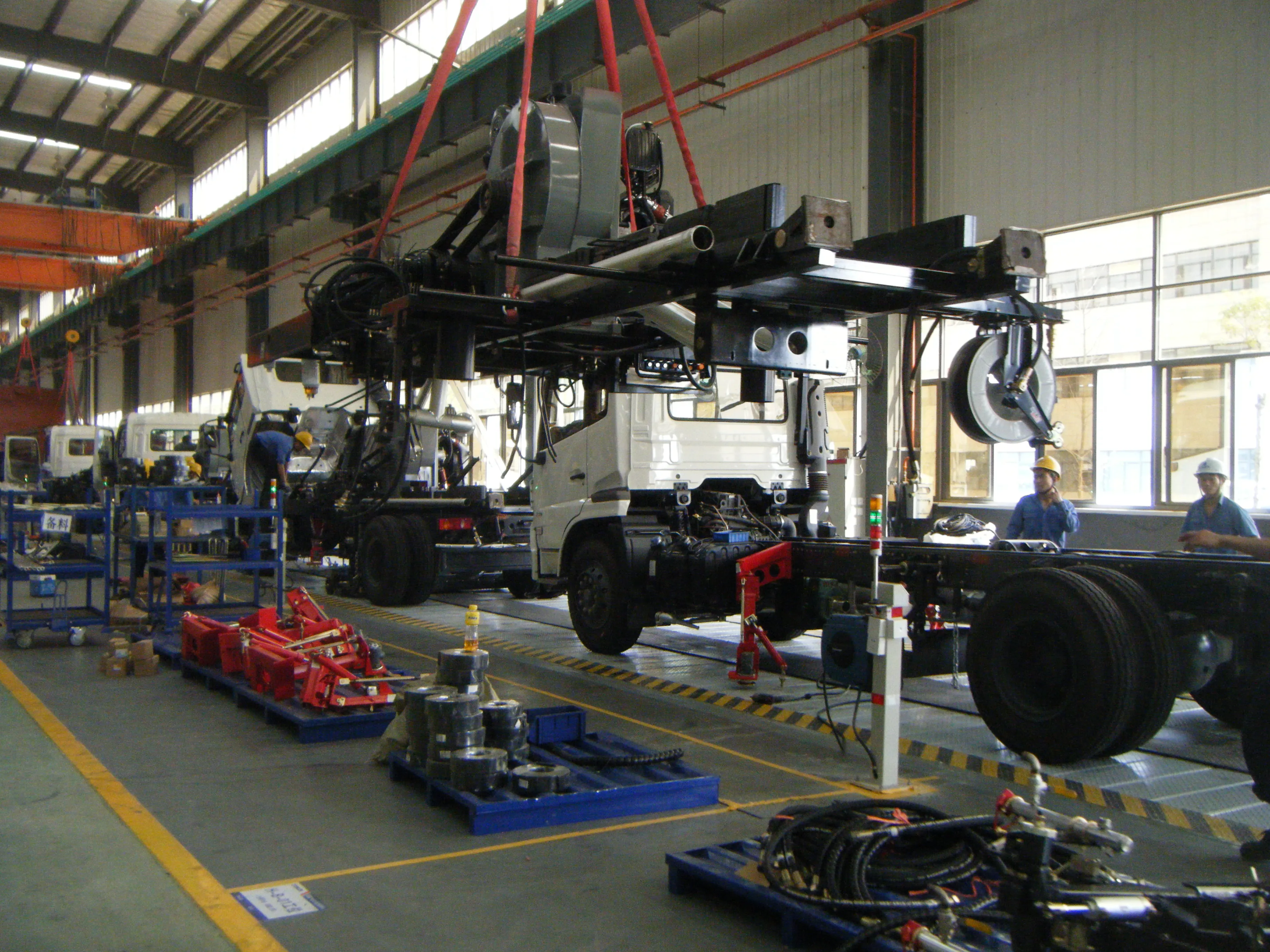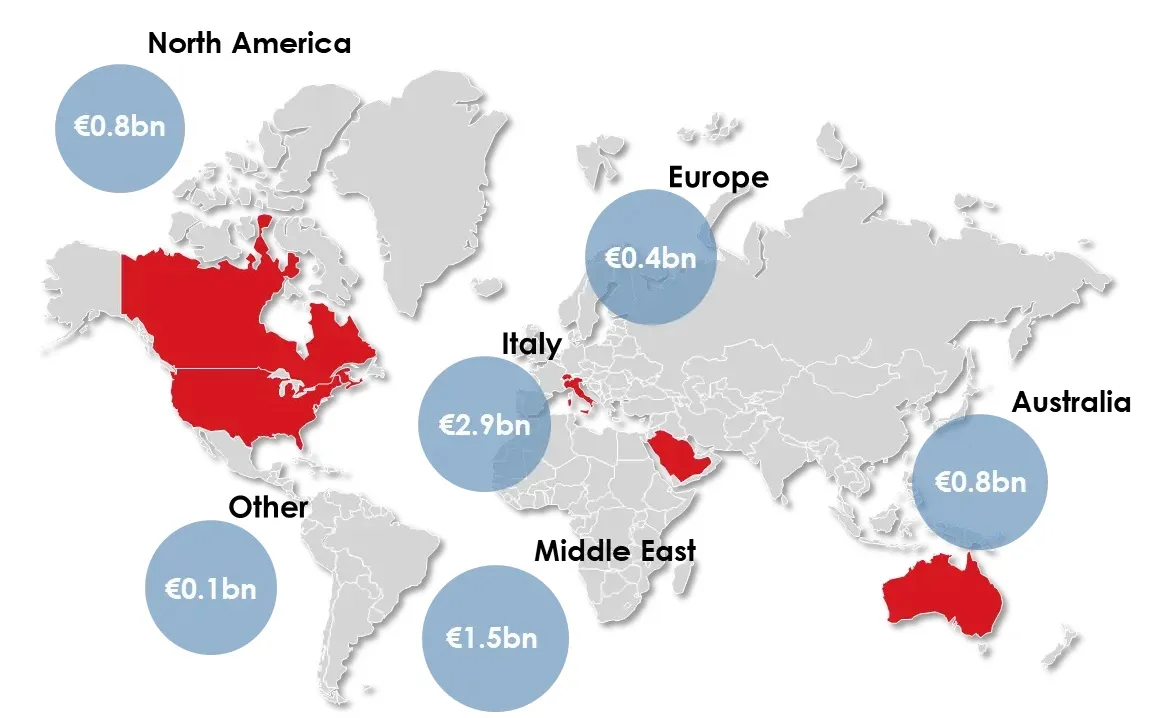According to market analysis by global advisory firm KPMG, the value of global transactions in the transport infrastructure sector has risen steeply since the beginning of 2013. KPMG reports that 2013 looks set to be a record year for transport infrastructure deals.
The first half of 2013 saw global deals of infrastructure assets worth US$16.6 billion. By the end of the third quarter this figure had risen to $23.5 billion. The majority of assets acquired in 2013 have been either in Europe or Asia.
November 15, 2013
Read time: 2 mins
According to market analysis by global advisory firm 4137 KPMG, the value of global transactions in the transport infrastructure sector has risen steeply since the beginning of 2013. KPMG reports that 2013 looks set to be a record year for transport infrastructure deals.
The first half of 2013 saw global deals of infrastructure assets worth US$16.6 billion. By the end of the third quarter this figure had risen to $23.5 billion. The majority of assets acquired in 2013 have been either in Europe or Asia. Steffen Wagner, KPMG’s European head of transport M&A said, “There are three main drivers behind this trend: Public budget restraints across debt ridden countries especially in Europe have forced national governments to privatise national infrastructure and look for private operators and investors in order to secure the operation of strategic transport infrastructure and hub networks. Secondly, private investors like pension funds are constantly looking for investment opportunities with steady cash flows and growth prospects and transport infrastructure targets can offer these opportunities. Thirdly, strategic investors are increasingly investing in infrastructure assets, especially in emerging markets where growth forecasts are significantly above the mature markets in Western Europe and North America”.
The first half of 2013 saw global deals of infrastructure assets worth US$16.6 billion. By the end of the third quarter this figure had risen to $23.5 billion. The majority of assets acquired in 2013 have been either in Europe or Asia. Steffen Wagner, KPMG’s European head of transport M&A said, “There are three main drivers behind this trend: Public budget restraints across debt ridden countries especially in Europe have forced national governments to privatise national infrastructure and look for private operators and investors in order to secure the operation of strategic transport infrastructure and hub networks. Secondly, private investors like pension funds are constantly looking for investment opportunities with steady cash flows and growth prospects and transport infrastructure targets can offer these opportunities. Thirdly, strategic investors are increasingly investing in infrastructure assets, especially in emerging markets where growth forecasts are significantly above the mature markets in Western Europe and North America”.








